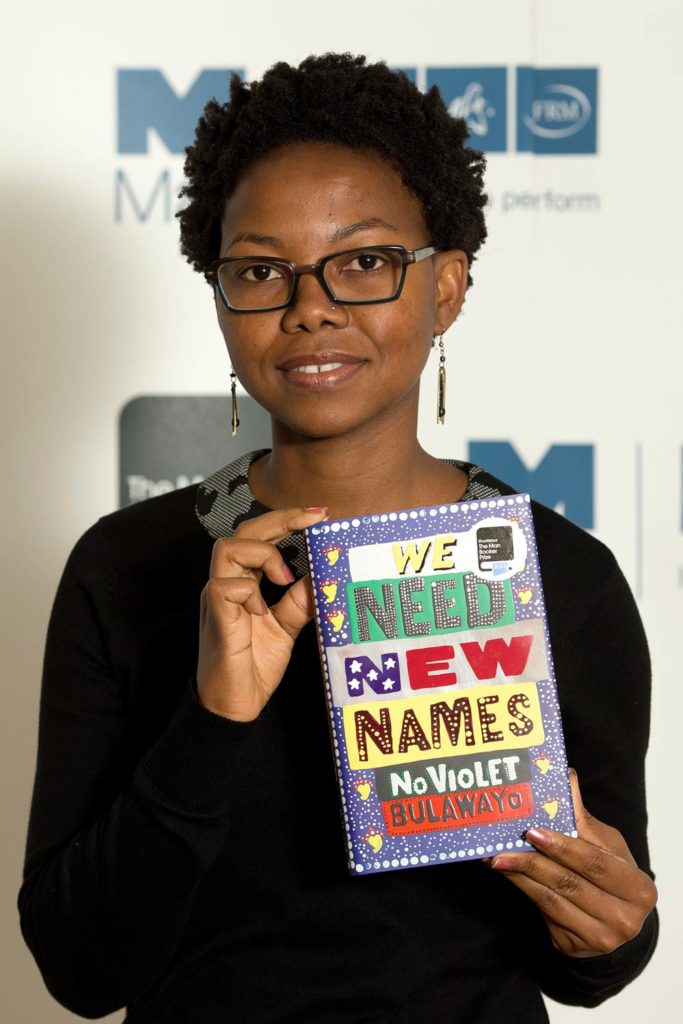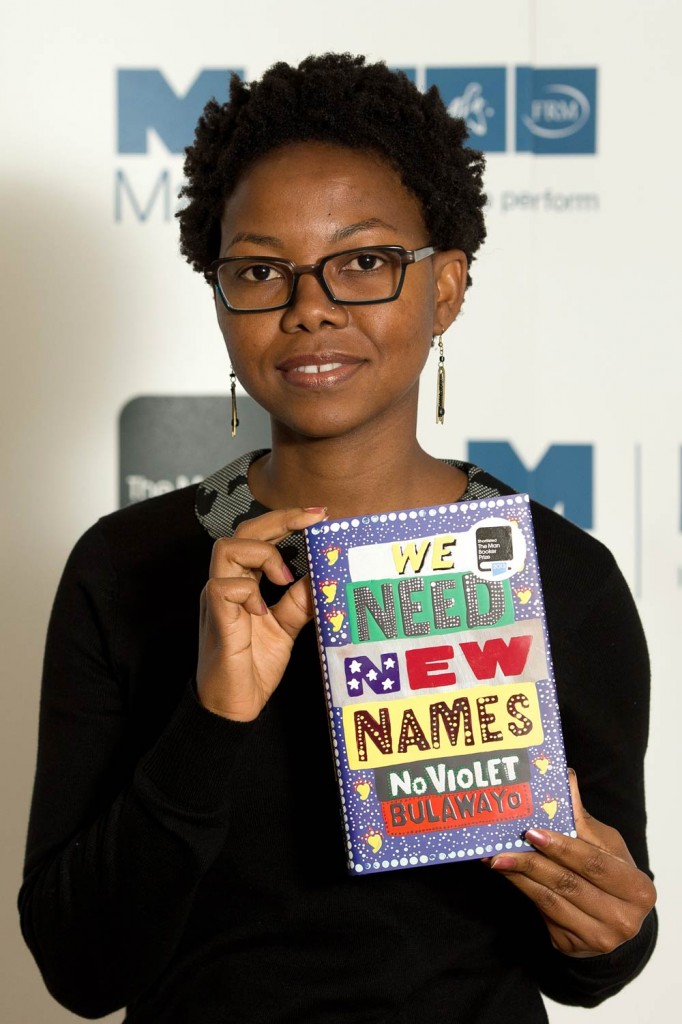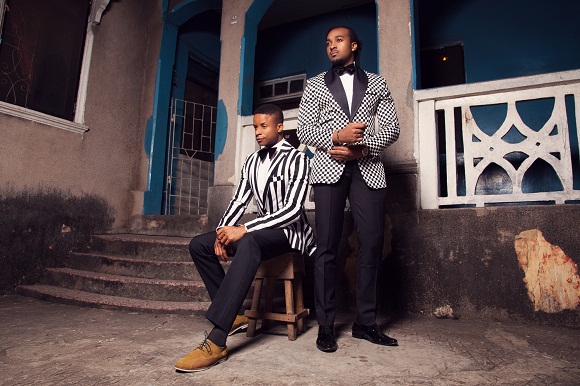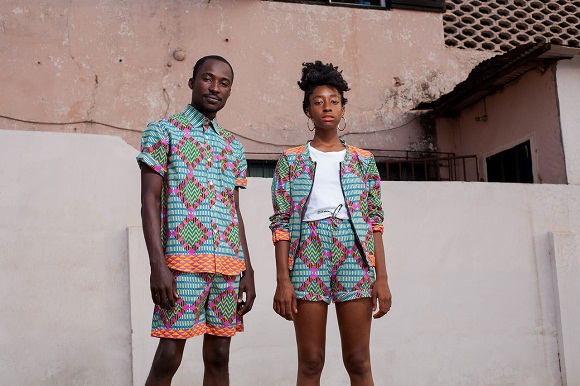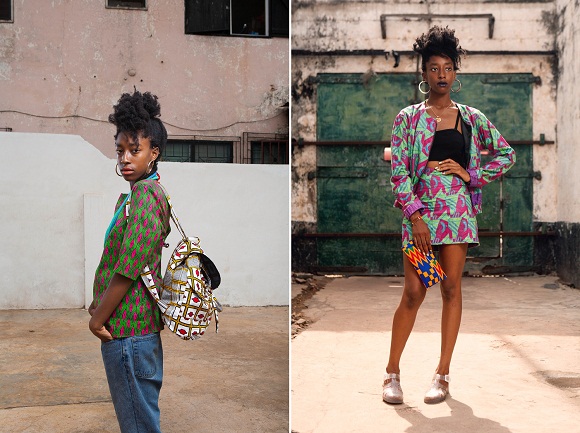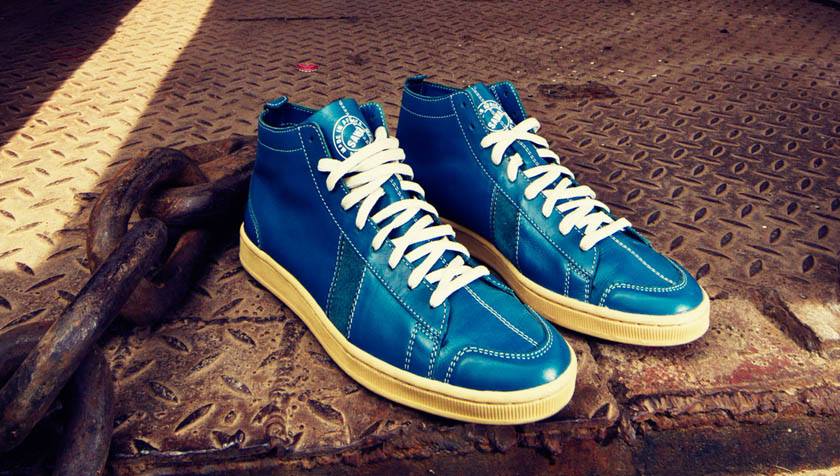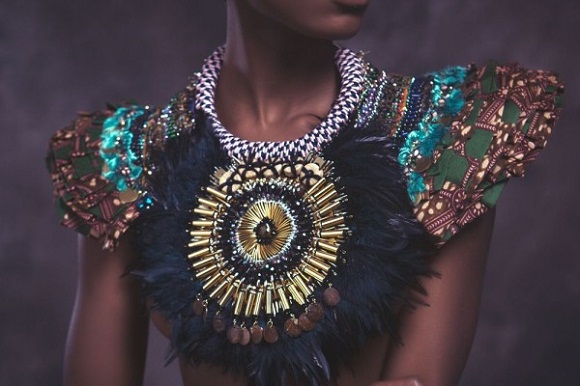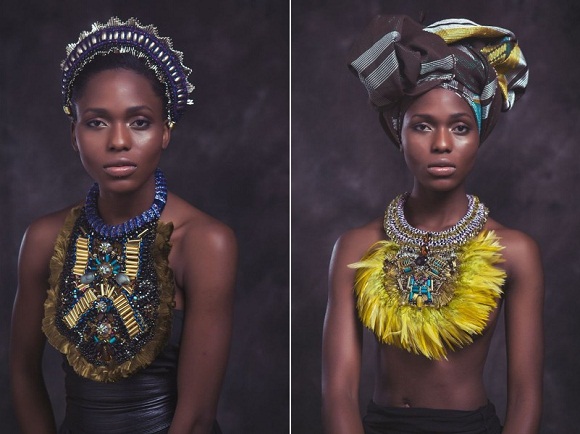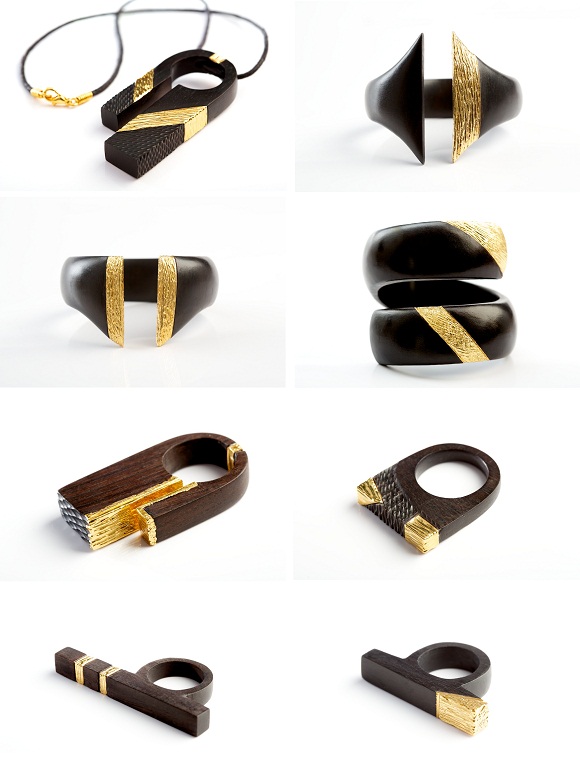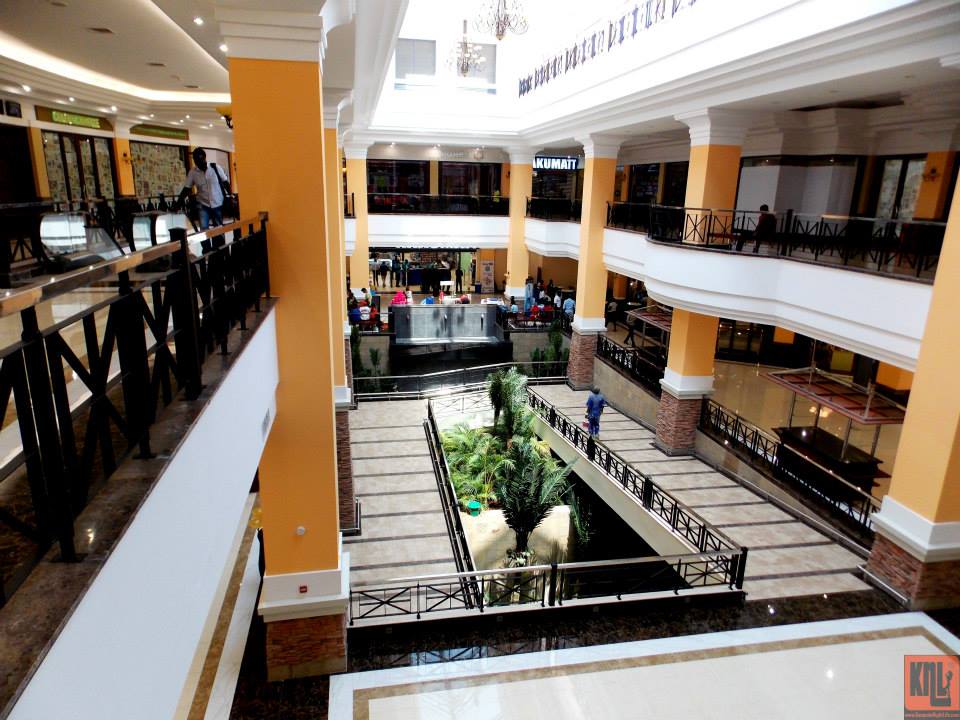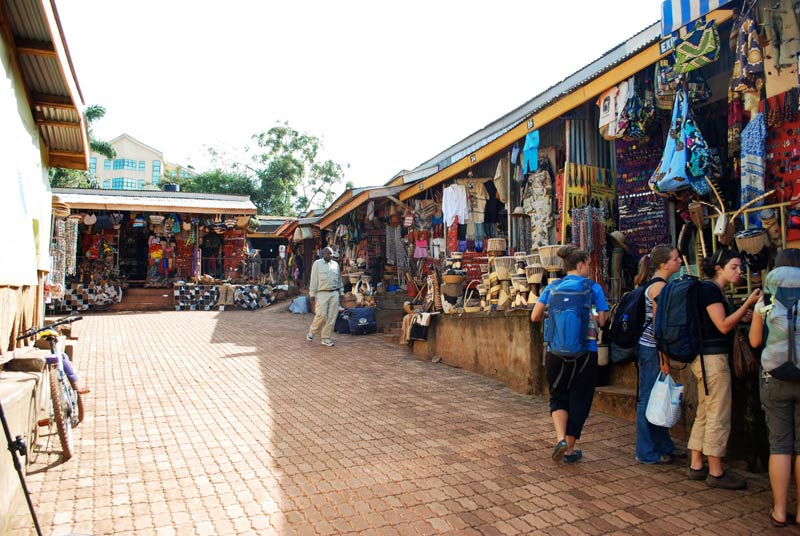Headlines portray the Sahara as a barren desert that claims the lives of many African migrants but Nigerian poet Tade Ipadeola had a different story to tell – and it was worth $100 000.
Ipadeola’s “The Sahara Testaments” won the most lucrative writing award in Africa, the Nigeria Prize for Literature, for his account of the history and culture of the world’s largest desert.
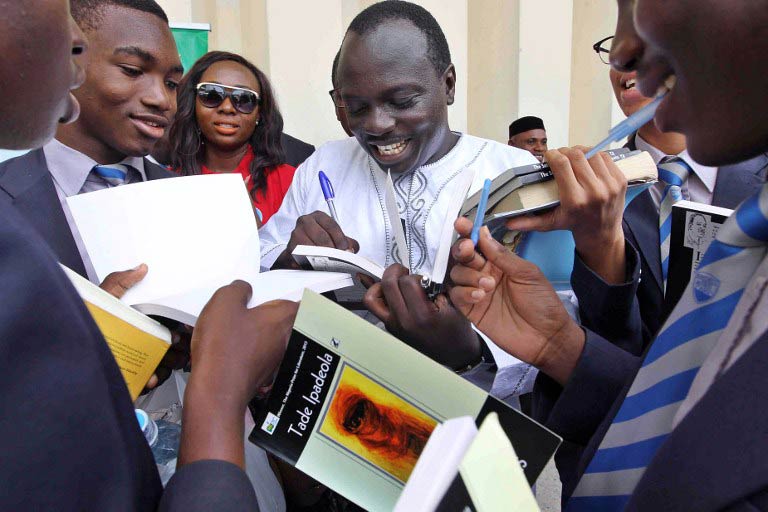
He said the Sahara’s true richness has been distorted by horrific tragedies involving migrants who have been found dead in north Africa after a failed attempt to start a new life in Europe.
In October, the bodies of 87 people, most of them children and some eaten by jackals, were found in Niger after dying of thirst in scorching temperatures while travelling north towards Algeria.
That tragedy came just weeks after a shipwreck disaster off the Italian island of Lampedusa, which saw 366 Africans perish when their boat caught fire and capsized.
Before boarding the boat, many of the migrants had to cross parts of the Sahara, which measures some 3 000 miles (4 800 kilometres) east to west and 800 to 1 200 miles north to south.
But Ipadeola told AFP: “I wanted to show that it is not just a barren wasteland.
“The Sahara was the prime location for some of the greatest literature in the world,” said the 43-year-old poet, referencing several writers from the region, including St Augustine, the 4th century philosopher born in modern-day Algeria.
“The Sahara Testaments” touches on the desert’s history, the impact of climate change, personal stories as well as some political criticism and satire.
Ipadeola targets the energy companies which he says have permanently disrupted life for the region’s indigenous people.
Despite his harsh criticism of the oil and gas sector, he applauded the sponsor of the Nigeria prize, Nigeria Liquified and Natural Gas, for giving him the honour above the 200 other applicants.
Quitting his day job
Ipadeola, who trained as a lawyer, said he began work on “The Sahara Testaments” eight years ago.
He tried to write in the afternoons and evenings after spending the days practising law in the southwestern Nigerian city of Ibadan.
Having realised that he would never finish the collection as long as he was working in law, he said he cashed in his savings and set out to explore the desert.
He went from Mauritania to Egypt, staying with friends and acquaintances, meeting everyone he could, from Tuaregs in northern Mali to market traders in Egypt.
His research was hampered by the Arab Spring revolts which swept across the region from Tunisia in December 2010, making some places too dangerous to visit.
“I couldn’t touch Libya at all,” Ipadeola said, referring to the 2011-2012 civil war that toppled the country’s leader Muammar Gaddafi.
Even though his work focused on the rich life of the Sahara, he nonetheless hoped that “The Sahara Testaments” would raise awareness about the unsustainable flow of Africans into Europe.
“Europe cannot contain the influx,” he said. “Europeans are becoming increasingly xenophobic. It is a really explosive mix.
“The failure of African leadership” was ultimately to blame for the heartbreaking accounts of migrants perishing, he argued, chastising politicians who have both failed to provide opportunities for their people and failed to stop them from embarking on borderline suicidal journeys.
“The bulk of those who leave,” he said, “are oblivious to the dangers of trying to cross that amount of distance in one of the hottest places on earth.”

